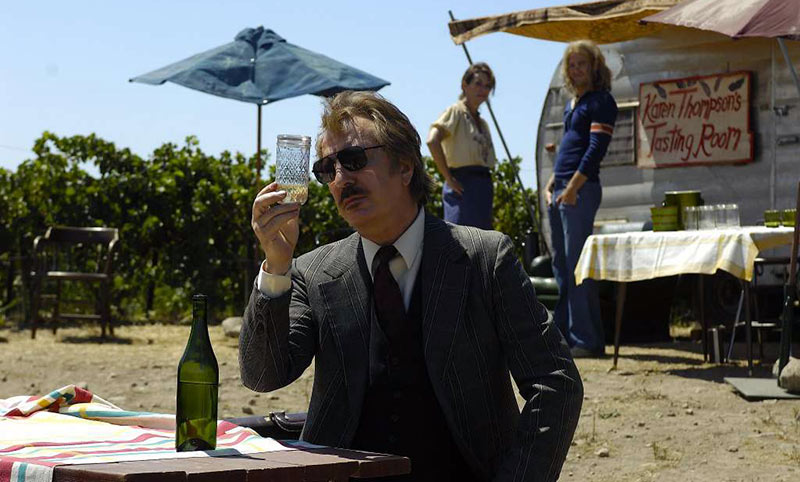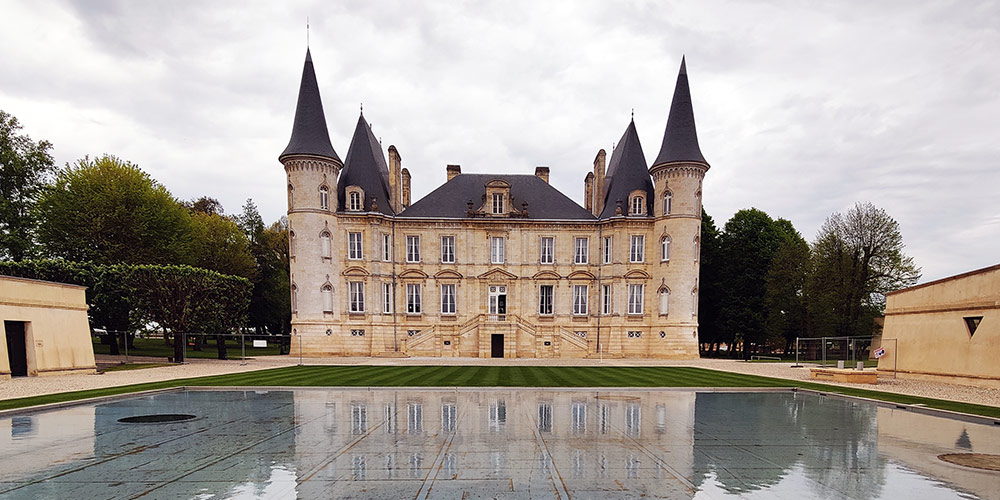There has been a bit of a controversy brewing with the forthcoming Bordeaux en primeur tastings in that the Union des Grands Crus or essentially, the powers that be, have banned blind tasting for any journalist covering the releases. While I’ve written about blind tasting previously, let’s back up for a minute to sum up what the en primeur exactly is. Say you wanted to buy a new Toyota and to do so, you went to one of the factories in Japan. There they presented you with a pile of steel, plastic, copper, and glass. Then they said, “This will be your new car. Picture it! Of course it won’t look like what you see here at all. Oh and we may have selected the best of the raw materials we have and they’re not truly representative of what will be in the final car.”
And that, is en primeur. The châteaux of Bordeaux present barrel samples of their wines for professionals to judge and thus set the future price prior to release that wine merchants can buy at. While any professional attending these tastings knows very well how to taste wine, it’s a bizarre way to rate wines as they haven’t even finished secondary or malolactic fermentation not to mention that they’re nowhere near their full time in the barrel, thus the car analogy. Despite this, upon re-tasting years later, many get their en primeur calls quite accurate, this is why they get asked back. But, love it or not understand it, this is how it’s been done in Bordeaux and as their wines have been selling for big bucks on the “wine investment” circuits, it’s taken on a great deal of seriousness as it’s a make or break moment.
Many of the journalists don’t taste the wines blind and so they know exactly what’s in their glass. Thus one would assume that a classic First Growth Châteaux Haut-Brion is probably treated with a great deal more reverence than say a lesser known Fifth Growth Châteaux Dauzac because as we all know, First is better than Fifth as stated by a listing of prices at the time in 1855. What? Yeah. This seems to me unjust and it’s for this reason among others that a contingent of journalists taste the wines blind so as to level the playing field. I can only assume it’s also part of the reason that a Third Growth like Châteaux Palmer is considered to be one of the top Bordeaux “classed” wines these days as it has been rated by wine critics in a truly neutral manner.
Those who taste blind are, “a bit put out” by the UGC edict and they’ve appealed to them to allow blind tasting which has been met with nothing but resistance. Jancis Robinson has been documenting the progress in this and even put up a poll on her website to see public sentiment. Despite this being such a niche tasting as most people, including yours truly, will not be tasting wines at this price point anytime soon the results showed that 77% of the readers preferred her to taste blind. More to the point, only 9% strongly preferred non-blind tasting.
Admittedly, this could be seen as a bit skewed given that people who read her site do so because they know she tastes blind. If The Wine Advocate put up such a poll, I’d be curious to see the result. Naturally, they won’t do that as TWA’s Neal Martin, like all the tasters for TWA will not be tasting blind and if the majority of their readers suddenly stated they preferred that, it would be a nightmare for them. It’s one of my main beefs with the whole Robert Parker institution, not the oft-cited “Parkerization” of wine.
I have to say that I fall firmly in the blind tasting camp when doing comprehensive tastings such as these. It does change the results and takes away your prejudice from certain wines. For instance, in the Priorat book, a seemingly uninteresting wine from the cooperative that costs 12€ received a top rating of three stars. That’s a holy crap moment if I ever saw one. This is also important for me as I have many friends in the region and naturally the desire to give them more favorable reviews could easily come in to play if I didn’t taste blind.
Despite how seriously some of us feel about the subject, the UGC has indeed addressed the topic. Decently lengthy, the most salient point to me was:
In Bordeaux, we often taste blind professionally or with friends, and enjoy it…
I’m not sure if it’s just how it was translated into English but the phrasing makes me feel like they see blind tastings as little more than a game. They feel that because you can’t taste all of the wines blind (some châteaux only taste at their premises) that this unevenness makes for a less level playing field and so they have decided to eliminate it altogether, in the name of fairness.
Since 2013 (which was regarded as a crappy year) people have been saying that the en primeur system needs to go away. The 2015 vintage looks to be quite excellent however and this en primeur looks to have some rather large changes come in to play. It will be interesting to see how many journalists go along with it and how many don’t. Who will win? Check back in April.


